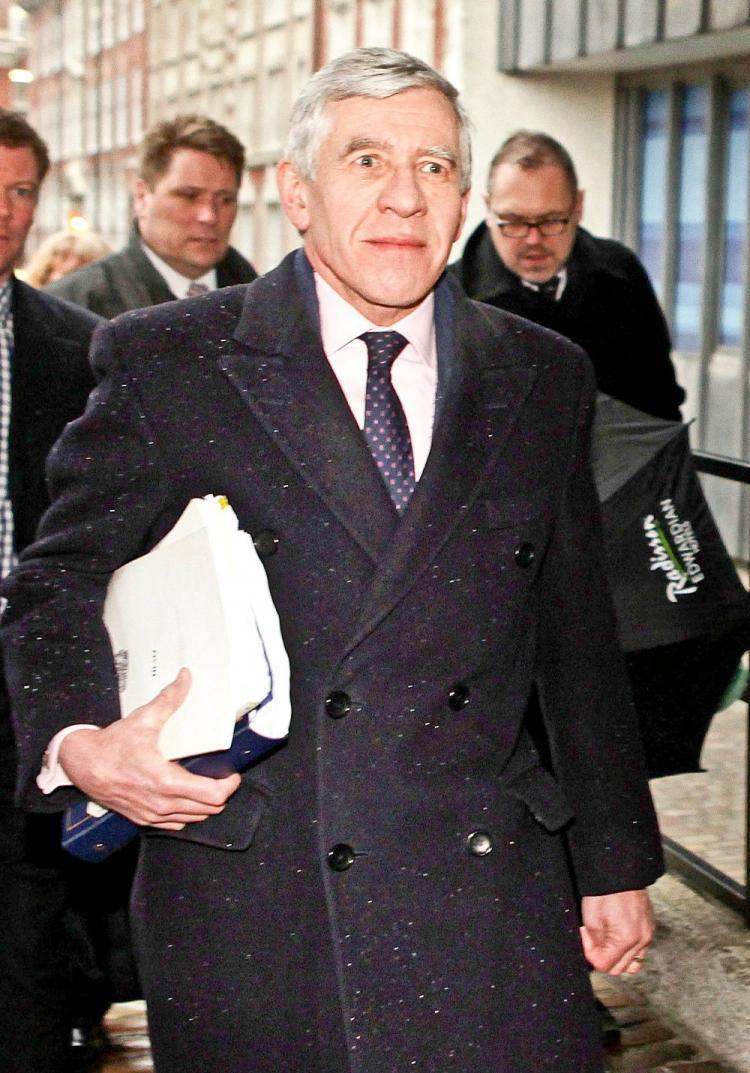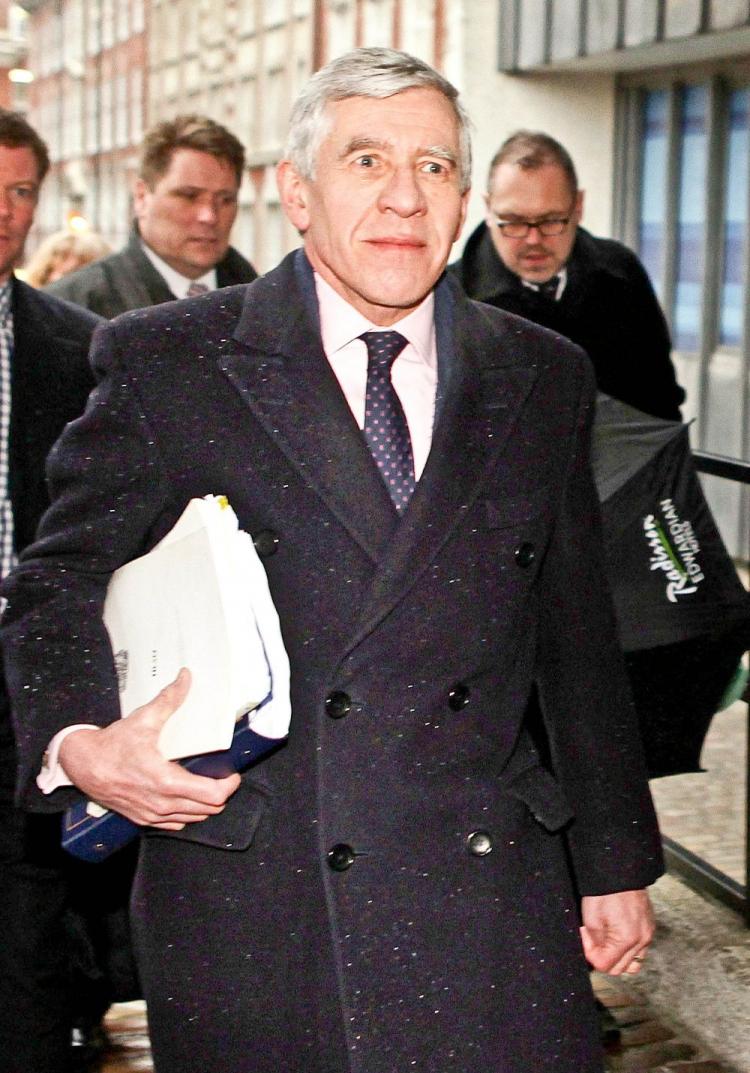Thousands of Secret Documents Are ‘Core’ of U.K. Iraq Inquiry
Tens of thousands of secret documents form the core of the ongoing inquiry into the Iraq war.

Former British Justice Secretary Jack Straw arrives at the Iraq Inquiry for a second round of questioning on Feb. 8. Peter Macdiarmid/Getty Images

Simon Veazey
Freelance Reporter
|Updated:





